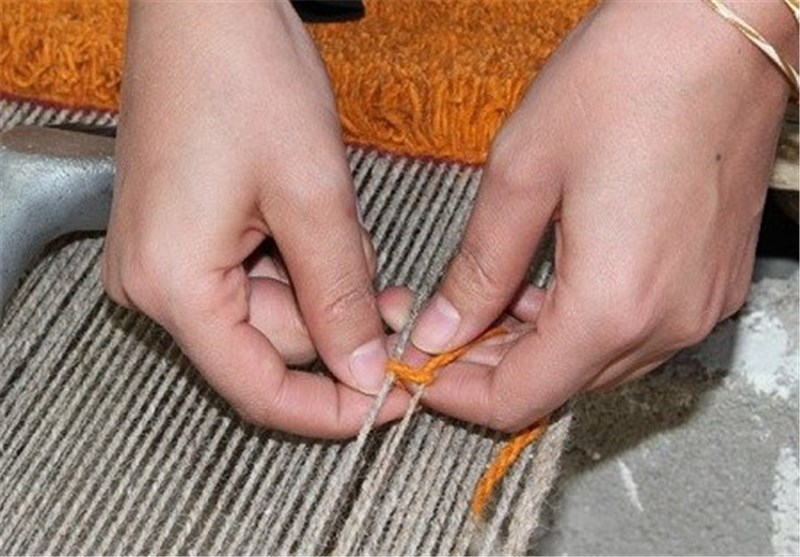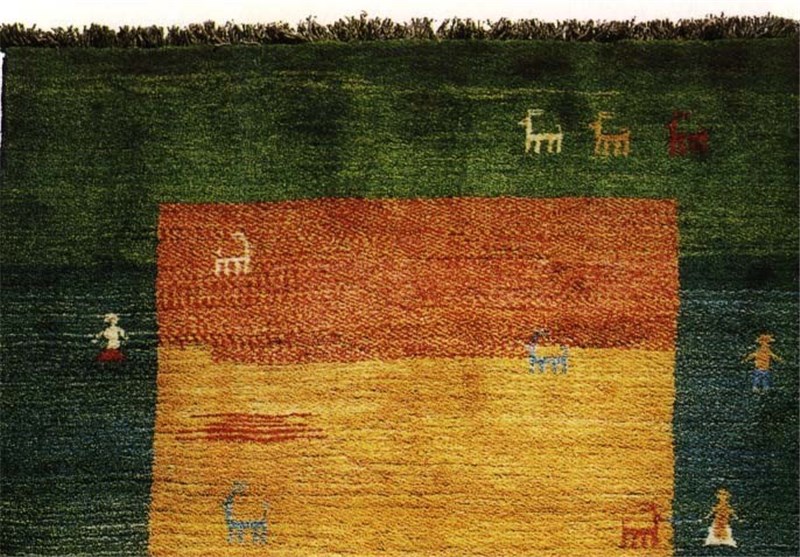Persian Gabbeh is a hand-knotted (handmade) thick Persian rug with long pile. It is made by the nomads of Fars province in southern Iran, of which the famous city of Shiraz is the capital.
The most famous nomad group of this region is the Qashqai Tribe. Although the existing few old pieces of Gabbeh rugs are not more than 100 years old, but the existence of Persian Gabbeh was recorded in an order issued by Shah Tahmasp, the second monarch of the Safavid dynasty (1502-1736) to use Gabbeh among other rugs to welcome and honor King Homayun of India who took refuge to Iran. Shah Tahmasp himself knew how to do miniature painting and he had made few rug designs himself.
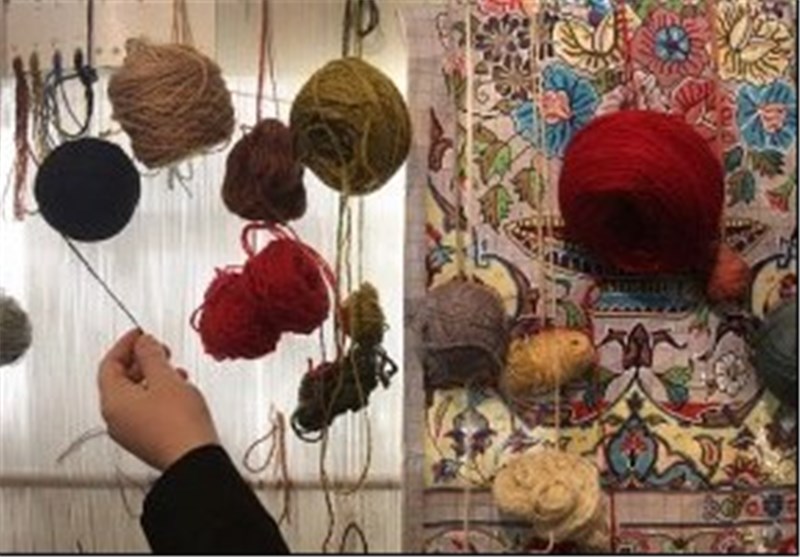
Gabbeh like many other types of Persian rugs is made with local handspun wool and vegetable dye. The KPSI (knot per square inch) is around 50. The foundation of authentic Persian Gabbeh (the warp) is wool, so Gabbeh is a wool on wool rug.
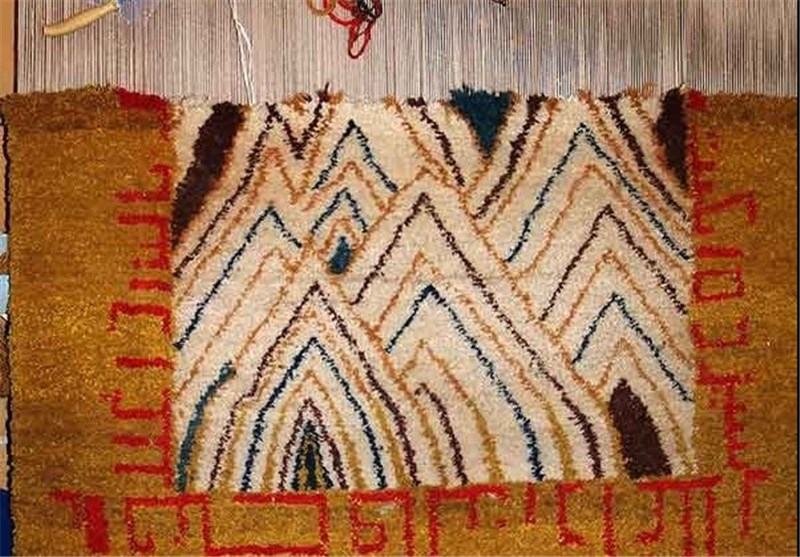
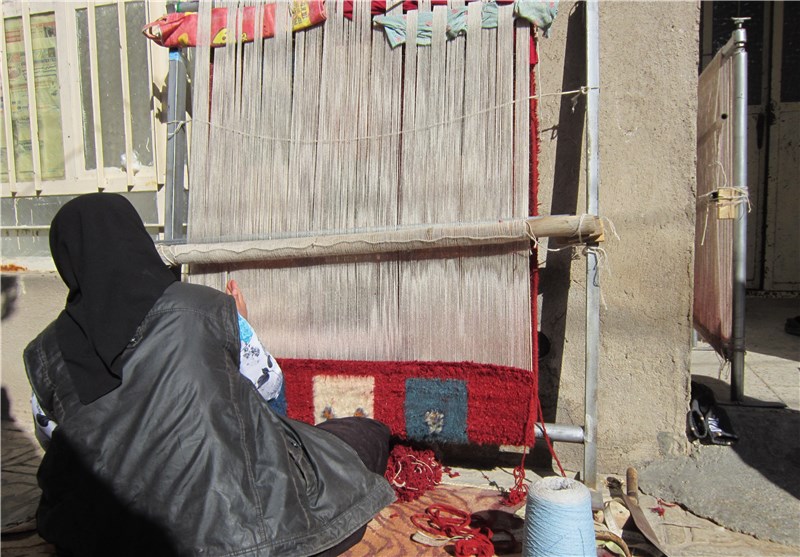
Since there are no chemicals and synthetics involved in its material and dye, it is fair to say that Gabbeh is a nature, weaver and user friendly rug. Natural dye and fine local wool with long fibers make the wool lustrous. The designs are simple and children like paintings which bring peace of mind to homes and offices which use Gabbeh as floor covering.
Although tribal and rural, but the abstract and cubist designs of Persian Gabbeh look so modern and match the interiors of today’s homes. Simplified human, animal, and tree motives are usually utilized by Gabbeh weavers who use their imaginations and the environment around them to weave such designs.
In the past, Gabbeh and other rugs made by the nomads were not for sale and they were made for domestic use at homes and tents. Therefore, the weavers were free to use the designs and motives they liked, since they did not have to take the customers’ or the market’s taste into account. It is difficult to classify the designs of Gabbehs, as there are many designs which do not follow any preset rules therefore do not fall into specific categories.
